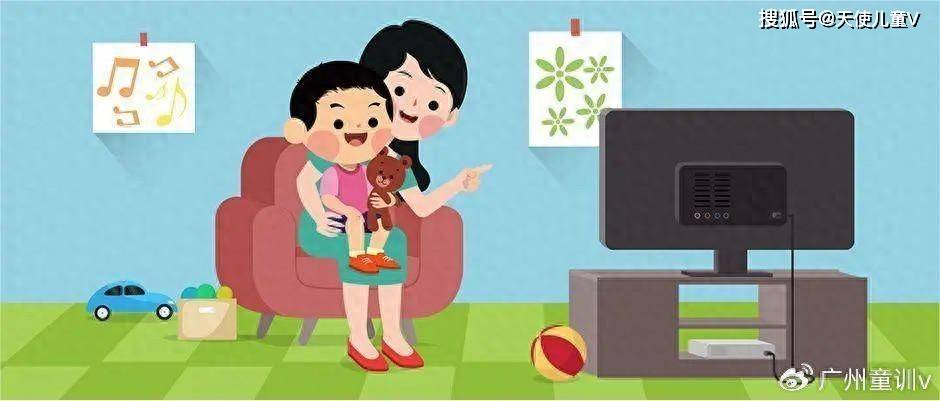Many parents ask when they bring their children for a consultation: “How long will my child need treatment to communicate like a normal child? Are there any tips? Should we take medicine or what should we do?”
In response, our experts say: “There are no shortcuts to treating autism; simple medication does not provide substantial help for the child’s language ability.”
Before trying to understand why children with autism have more difficulty speaking, let’s take a look at how children learn to talk.
01. The development of speech begins in the early months of an infant’s life
In the first few months, infants learn to communicate in the following ways.
1. Watching others
They look at other people’s faces and observe facial expressions. They watch what those around them are doing.
2. Imitating others’ behaviors
When parents smile at them, they start to smile back. They begin to mimic the actions they see others doing. This includes clapping like others and making sounds.
3. Seeking reactions or consequences
As children observe others and imitate their behaviors, they receive feedback or consequences. All these reactions and consequences encourage children to continue observing others’ behaviors and mimicking them. As children do these things, they typically develop more communication skills. As they develop more communication skills, they have a better chance of speaking.
02. Speaking is a complex skill that does not develop in isolation
1. Receptive language
They begin to respond to the sounds and noises around them, and then observe and start to understand gestures like smiling and pointing. They follow simple instructions and answer simple questions.
2. Expressive language
They start to use gestures, like reaching out and pointing to communicate. They begin making sounds intentionally when trying to communicate, and then they start saying things that sound like words, followed by creating their own words.
3. Imitation
They imitate our smiles and simple actions like clapping. They mimic what we do with objects and toys, and imitate the sounds and words we say.
4. Joint attention
When we give children something, they look at us. They show us things and look at what we want to show them. Joint attention occurs about every 5-10 seconds when children actively interact with us.
5. Social skills
One of the earliest social skills happens when infants shake their legs and arms to let us know they want us to keep playing with them. When children develop in all aspects, acquiring skills in the correct order, and learning these skills at roughly the right age, they begin to speak around 12-16 months old.
03. Reasons why children with autism find it harder to talk
Children with autism often have more difficulty speaking. Some children with autism may begin to speak at 12-16 months old. Most children start to speak later. Some children begin to speak between the ages of 2 and 3. Other children speak even later, and some may never learn to speak.
This is because children with autism learn differently from other children. They miss some opportunities to speak early on. They do not look at people or observe what others are doing. They do not mimic adults.
04. The earlier autism is diagnosed, the sooner intervention can begin
The earlier the intervention starts, the better the outcomes for the child. Children who begin early intervention are more likely to speak. Intervention programs should address all areas of development, as communication does not develop in isolation. It requires the simultaneous development of various skills. When early skills start to develop, the chances of the child speaking increase significantly.
Therefore, when you notice signs of autism in a child, be sure to go to a professional hospital for assessment in a timely manner, and do not miss the golden period for intervention.
Note: This article is for popular science purposes. Some content and images are sourced from the internet; please contact us for removal if copyright is involved.
Guangzhou Angel Rehabilitation Hospital for Children
Healthy children, happy families!


